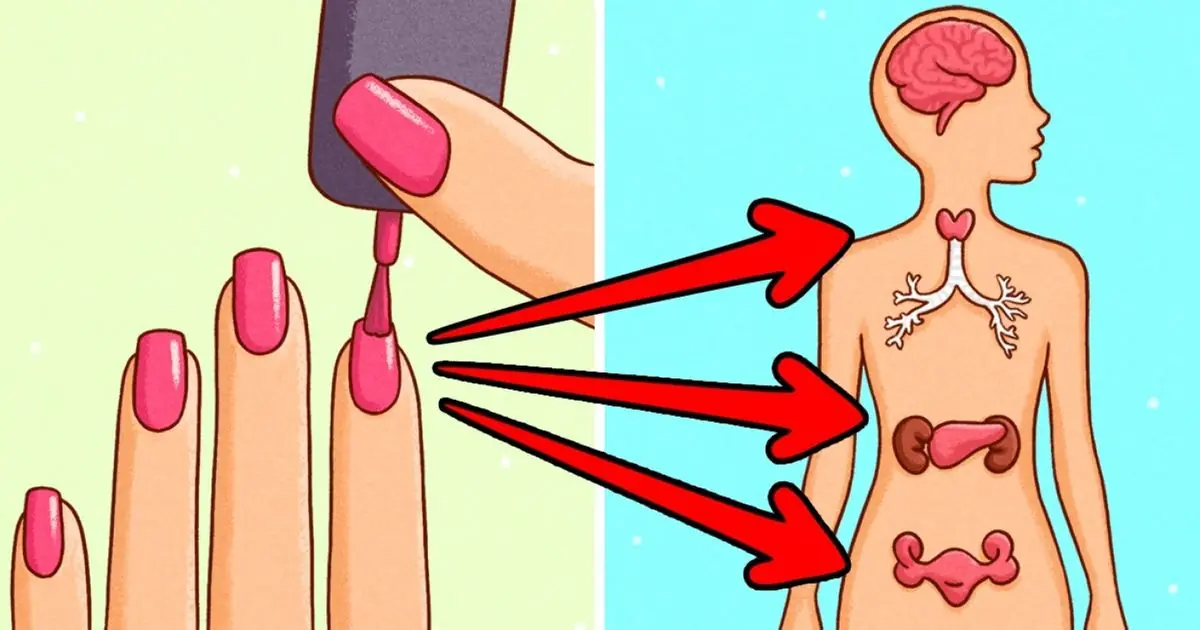
6 Warning Signs Your Body May Be “Nurturing” Can-cer
Cancer remains one of the most feared and deadly diseases around the globe. Despite groundbreaking medical advances and improved treatment strategies, many individuals still receive a diagnosis only in the later stages—when treatment becomes more complex, more costly, and often less effective.
Yet the human body is remarkably intelligent. Long before cancer reaches an advanced stage, it usually sends out subtle but critical warning signs. Learning how to recognize these early signals can literally save lives by enabling earlier diagnosis and intervention.
Here are six often-overlooked signs that your body may be nurturing cancer. The first one is especially common, yet it’s frequently brushed aside as something trivial.
1. Persistent Fatigue That Doesn’t Go Away with Rest
(The most common yet frequently ignored warning)
It's normal to feel tired after a long day or poor sleep. But if exhaustion becomes a daily experience—lingering for weeks or months, and doesn’t improve with rest—it’s time to take notice.
This type of chronic fatigue may indicate cancers such as leukemia, colon cancer, or stomach cancer. Cancer cells drain your body’s energy by consuming vital nutrients and releasing inflammation-triggering substances that disrupt normal cellular function. You may feel weak, mentally foggy, or unusually lethargic—even after a full night's sleep.
If your energy is consistently depleted and there's no clear cause such as stress, overwork, or illness, do not ignore it. Persistent fatigue is a red flag that should be evaluated by a healthcare professional.
2. Unexplained, Rapid Weight Loss
Losing a noticeable amount of weight without trying—especially over a short period—can be one of the earliest signs of certain cancers. This is particularly common in pancreatic, liver, esophageal, stomach, and lung cancers.
Cancer increases the body’s metabolism while interfering with how nutrients are absorbed. This can lead to rapid fat and muscle loss, even if your diet hasn't changed. If you lose more than 5% of your body weight within six months without effort or explanation, it's time to consult a doctor.
Sudden weight loss should never be dismissed as "just a good thing." It could be your body signaling something serious.
3. Unusual Lumps or Masses Under the Skin
Discovering a new lump—especially one that gradually increases in size—should be taken seriously, even if it doesn’t cause pain.
Painless lumps are a classic symptom of cancers like breast cancer, thyroid cancer, or lymphoma. Often, these growths don’t hurt, so people delay seeking care. But a firm, immovable lump that changes in size or texture over time needs medical evaluation. Early detection through physical exams, imaging, or biopsies can drastically improve outcomes.
Pay attention to any new bump or swelling, particularly if it grows or feels different than the surrounding tissue.
4. Persistent Digestive Problems or Bowel Changes
Everyone experiences indigestion or irregular bowel movements from time to time. However, chronic symptoms like bloating, abdominal pain, blood in the stool, or alternating constipation and diarrhea can indicate colorectal or stomach cancers.
These symptoms are often mistaken for common gastrointestinal issues such as IBS or food sensitivities. But if such discomfort lasts longer than two weeks, despite diet changes or medication, it may be time to investigate further.
Early gastrointestinal cancers can mimic harmless conditions—so err on the side of caution and speak to your doctor about any ongoing digestive changes.
5. Chronic Cough or Persistent Hoarseness

A cough lasting more than three weeks—especially one that brings up blood—can signal lung cancer or cancers of the throat or voice box (larynx). Similarly, hoarseness that doesn’t go away, difficulty speaking, or voice changes can also be early warning signs.
These symptoms are often mistaken for colds, allergies, or bronchitis, leading to dangerous delays in diagnosis. If you have a lingering cough, sore throat, or changes in your voice that won’t resolve, don’t wait—get checked.
6. Wounds, Sores, or Ulcers That Don’t Heal
A sore on your skin, lips, mouth, or genitals that fails to heal after two to three weeks—or that bleeds easily—should not be ignored. These could be signs of skin, oral, or cervical cancers.
Cancer interferes with your body’s normal healing processes, slowing regeneration and causing persistent tissue damage. Any wound or ulcer that looks abnormal or worsens over time needs professional assessment.
Why Early Detection Can Save Your Life
The earlier cancer is detected, the greater the chance of a full recovery. Many types of cancer develop quietly, without dramatic symptoms in the beginning. That’s why tuning into subtle changes in your body is so critical.
Delaying medical care can allow the disease to spread, reducing treatment options and survival rates. In contrast, early diagnosis can lead to simpler treatments, fewer complications, and higher success rates.
What You Can Do — Simple Actions to Reduce Risk and Catch Cancer Early
✅ Listen to Your Body
Monitor symptoms that persist for more than two weeks, especially if they interfere with daily life.
✅ Seek Medical Advice Promptly
Don’t wait for your condition to become “serious.” Early consultations can catch problems before they escalate.
✅ Adopt a Cancer-Preventive Lifestyle
-
Eat a balanced diet: Prioritize vegetables, fruits, lean proteins, and whole grains.
-
Exercise regularly: At least 150 minutes of moderate or 75 minutes of vigorous activity weekly.
-
Avoid tobacco and limit alcohol—both are major cancer risk factors.
-
Manage stress and get adequate sleep (7–9 hours nightly).
✅ Know Your Family History
Some cancers run in families. If close relatives have had cancer, share this with your doctor to schedule appropriate screenings earlier than usual.
✅ Stay Updated on Recommended Screenings
-
Mammograms for breast cancer
-
Pap smears for cervical cancer
-
Colonoscopy for colorectal cancer
-
Low-dose CT scans for lung cancer (especially for smokers)
These screenings can detect cancer before symptoms appear.
Empower Yourself Through Self-Examinations and Awareness
1. Breast Self-Exam
Do a monthly check for lumps, changes in size or shape, or nipple discharge.
2. Skin Self-Check
Look for new moles or changes in existing ones using the ABCDE rule:
-
Asymmetry
-
Border irregularity
-
Color variation
-
Diameter over 6 mm
-
Evolving shape or size
3. Oral Exam
Inspect the inside of your mouth for persistent sores, white patches, or lumps.
4. Testicular Exam (for men)
Monthly checks for lumps, swelling, or changes in firmness or size.
Final Thoughts: Your Body is Speaking—Are You Listening?
Cancer doesn’t always arrive with dramatic symptoms. Often, it whispers. The key is learning to listen carefully.
By combining healthy habits, regular checkups, and attention to your body’s signals, you significantly improve your chances of detecting cancer early—or preventing it altogether.
Remember: Cancer itself isn’t as dangerous as ignoring its early signs. Respect your body, trust your instincts, and never hesitate to seek medical care when something doesn’t feel right.
News in the same category


1 Tablespoon of This Before Bed—Fall Asleep Faster Than Ever!
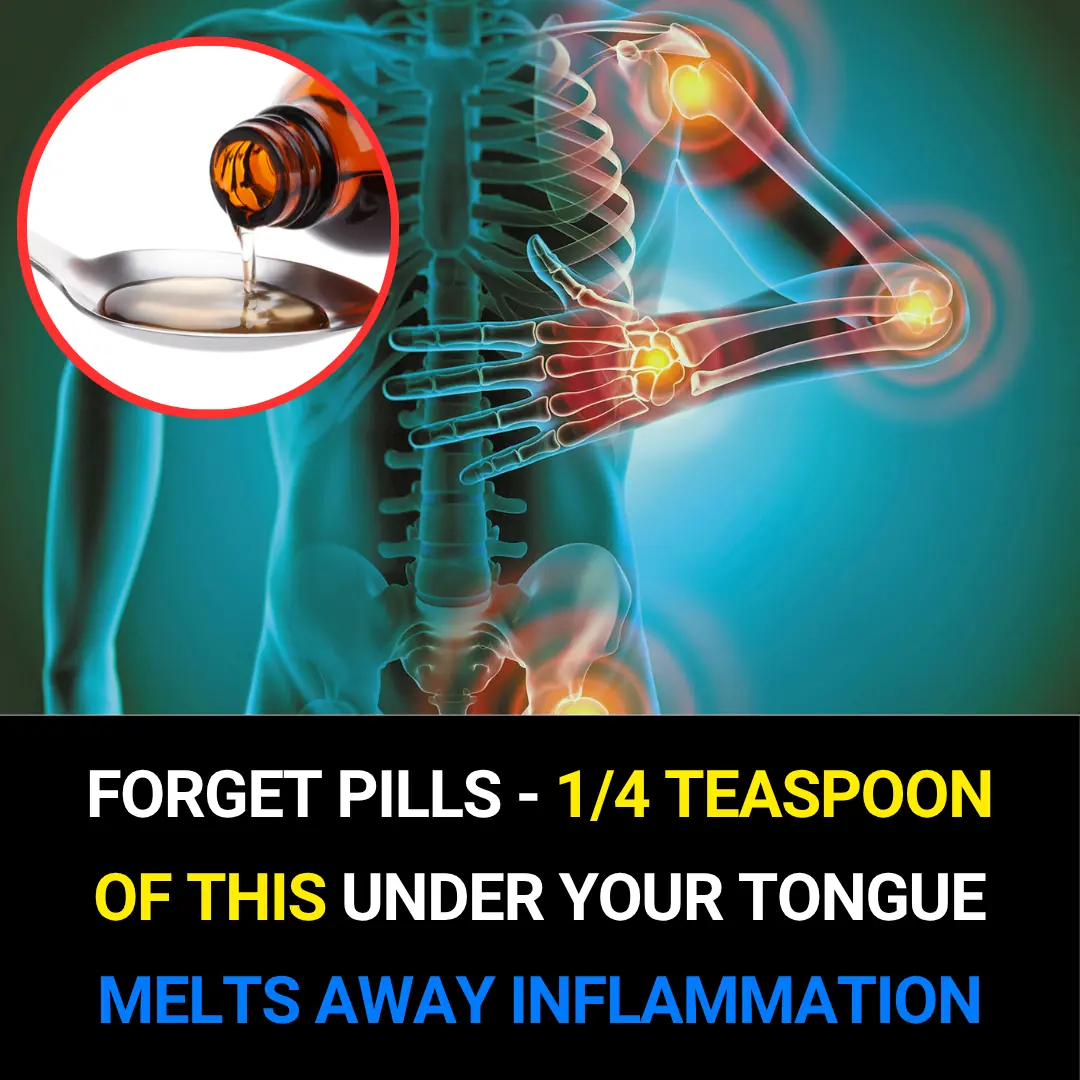
Forget Pills! Just 1/4 Tsp of This Under Your Tongue Melts Away Inflammation

Top 8 Kinds of Fish You Should Never Eat

7 "cheap" fruits that are extremely good for people with fatty liver that everyone should know
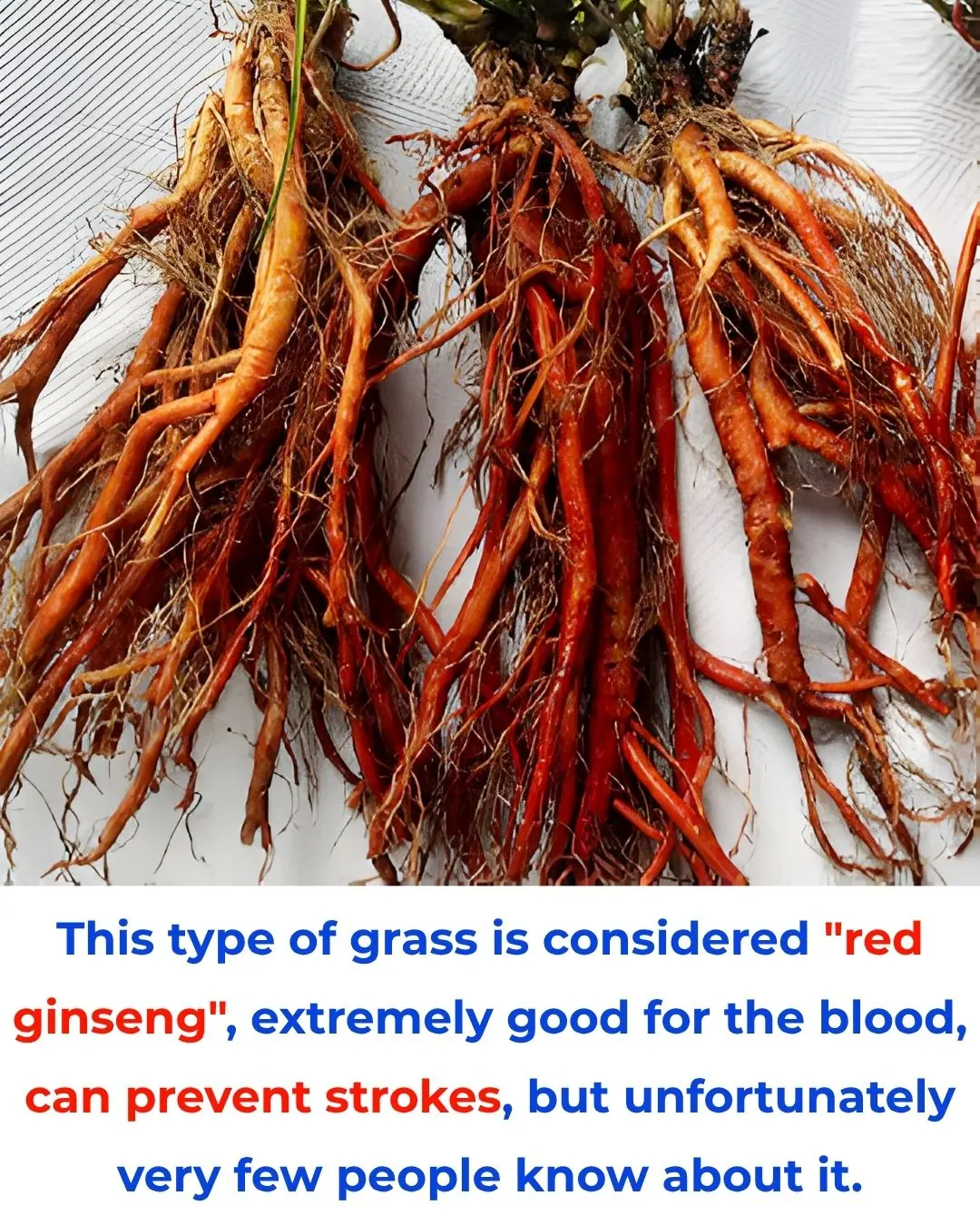
This type of grass is considered "red ginseng", extremely good for the blood, can prevent strokes, but unfortunately very few people know about it
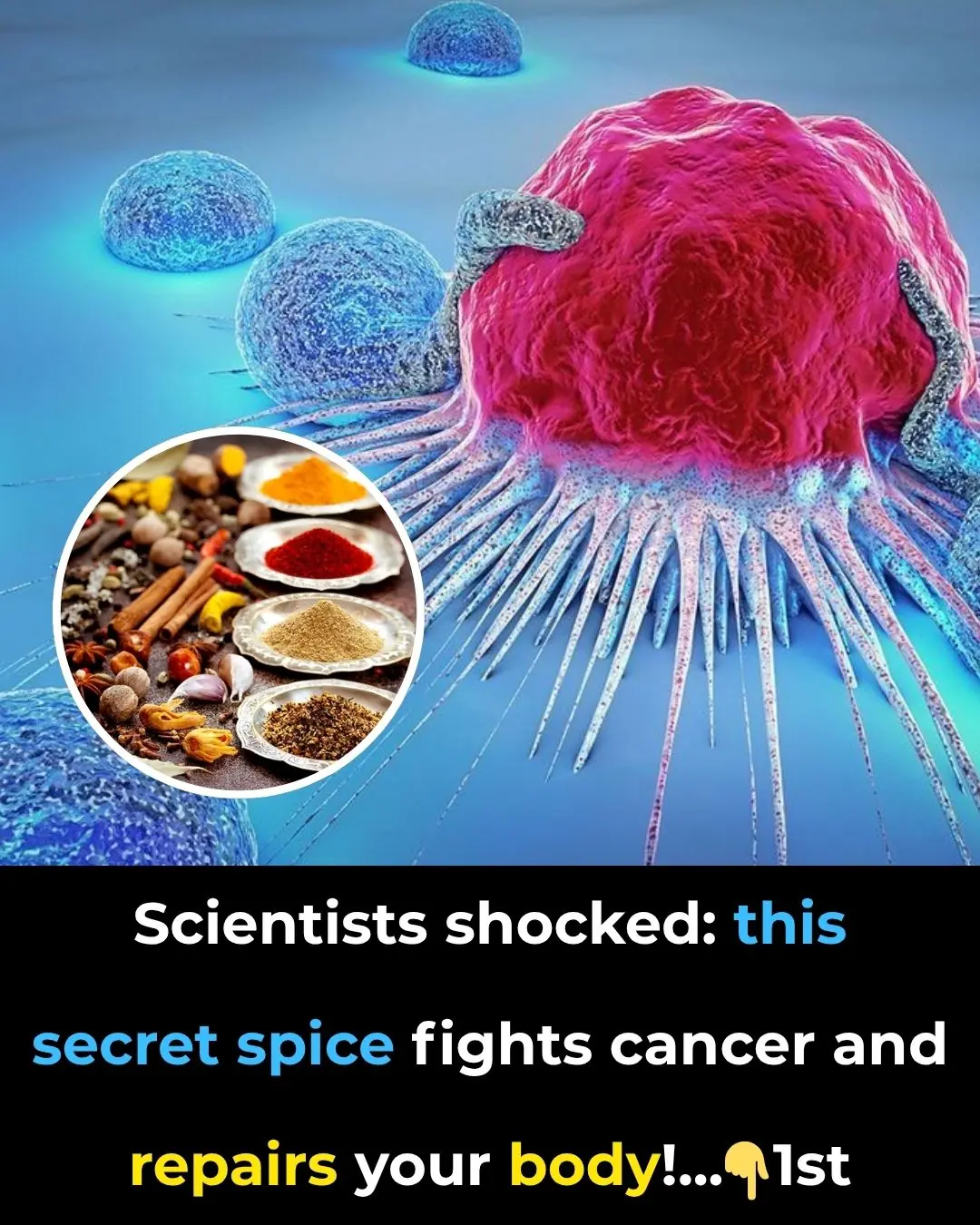
Scientists shocked: this secret spice fights cancer and repairs your body!

Top 10 Magnesium Rich Foods To Lower Blood Pressure
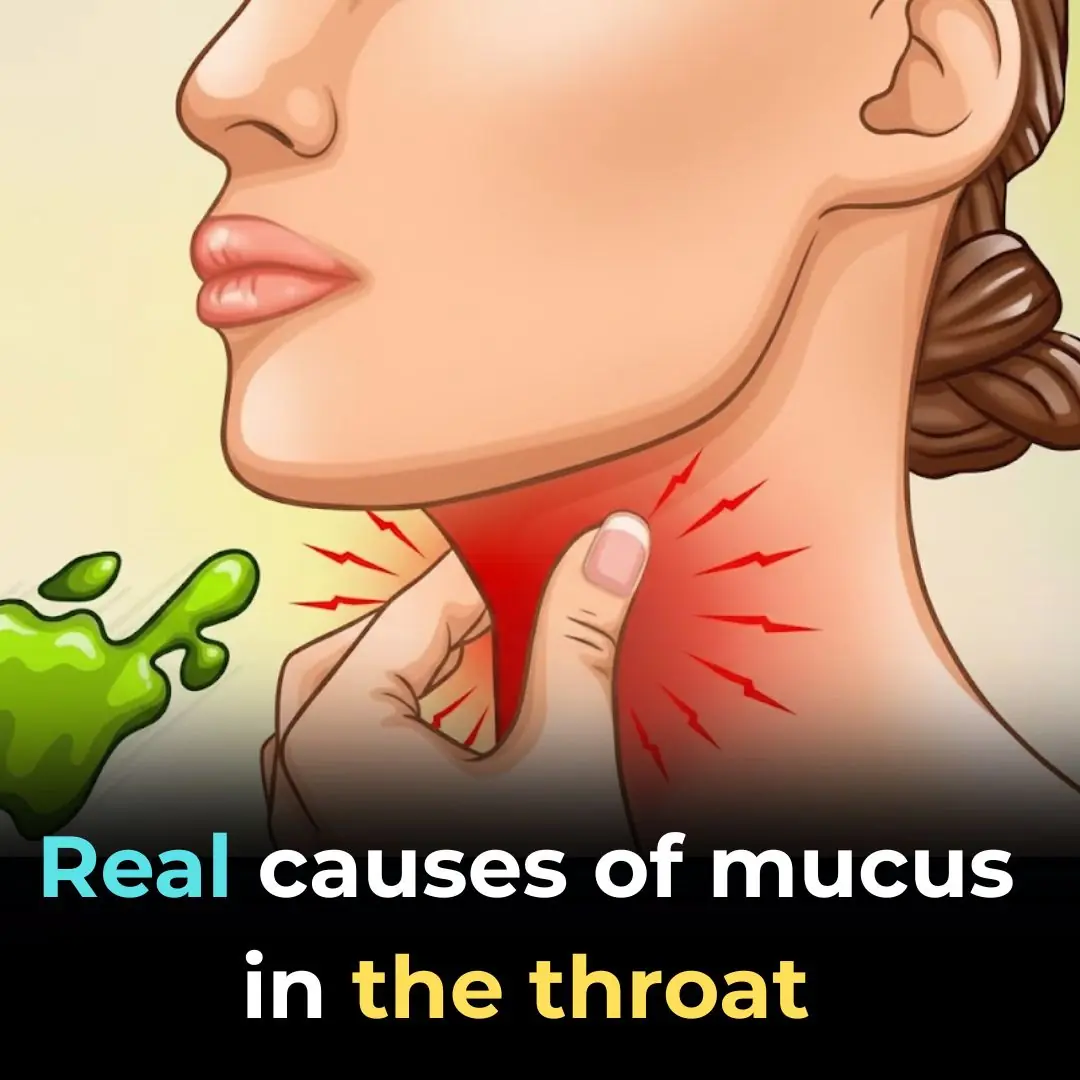
🤢 The Real Causes of Constant Phlegm & Mucus in Throat — And How to Find Relief

6 Signs You’re in the “Roommate Phase”

💧 6 Natural Beverages to Keep Your Kidneys Healthy

Top 5 vitamins to supercharge circulation in your legs & feet

How To Make Alkaline Water To Fight Fatigue, Digestive Issues And Cancer

Why Nobody Should Be Eating Salmon Anymore
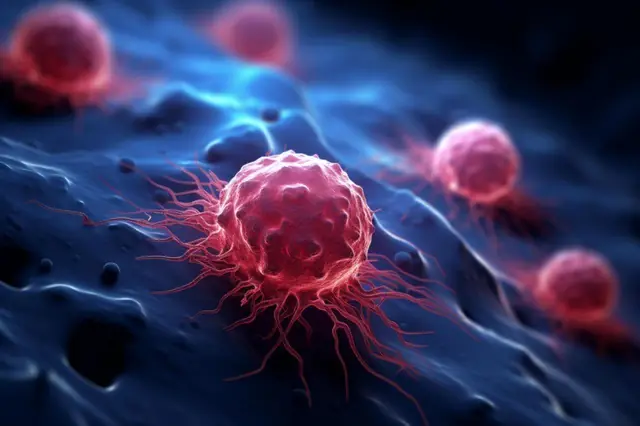
New Research Finds a Way to Treat Late-Stage Cancer—Bringing Hope to Millions

Strokes and heart attacks don’t give warnings. But this could help you fight back—before it’s too late

Important News for Everyone Who Loves a Daytime Nap

12 Powerful Natural Painkillers Found in Your Kitchen
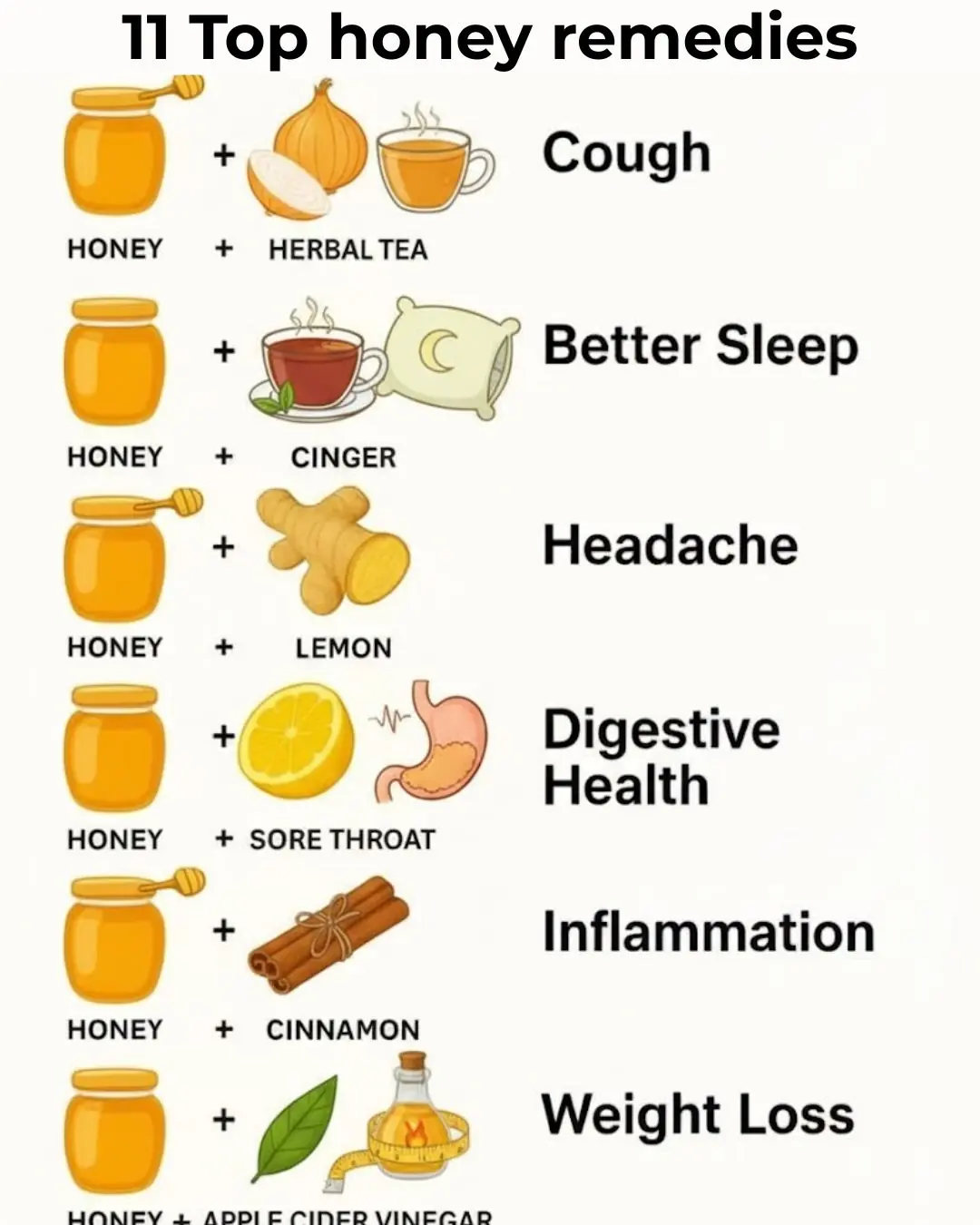
11 Honey Remedies That Truly Work
News Post

This Is What Happens to Your Body 10 Hours After Putting on Nail Polish

1 Tablespoon of This Before Bed—Fall Asleep Faster Than Ever!

Forget Pills! Just 1/4 Tsp of This Under Your Tongue Melts Away Inflammation

Top 8 Kinds of Fish You Should Never Eat

Banana peel mixed with laundry detergent works great

Stuffing a piece of steel wool into a plastic bottle has great effects. If you know how to use it, everyone wants to do it

7 "cheap" fruits that are extremely good for people with fatty liver that everyone should know

When checking out of the hotel, don't be foolish and fold your blankets or pillows. Anyone who doesn't know will only be at a disadvantage

When boiling eggs, boiling water or cold water is not correct! Remember these 4 points and you can remove the peel with just a light touch!

This type of grass is considered "red ginseng", extremely good for the blood, can prevent strokes, but unfortunately very few people know about it
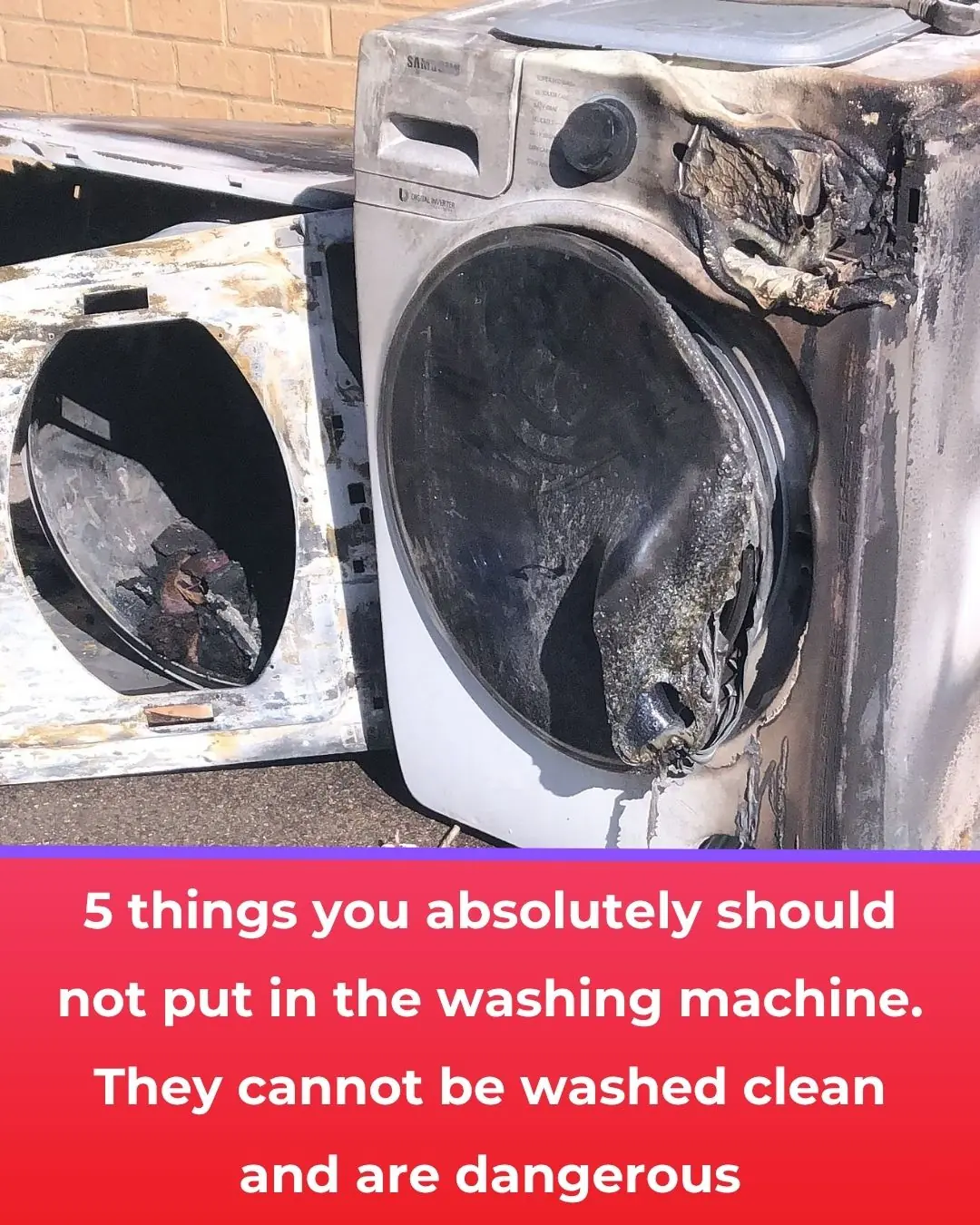
5 things you absolutely should not put in the washing machine. They cannot be washed clean and are dangerous

5 Fruits Listed in the ‘Black Book’ That Can Cause Cancer Cell Growth: No Matter How Cheap, Don’t Buy or Eat Them
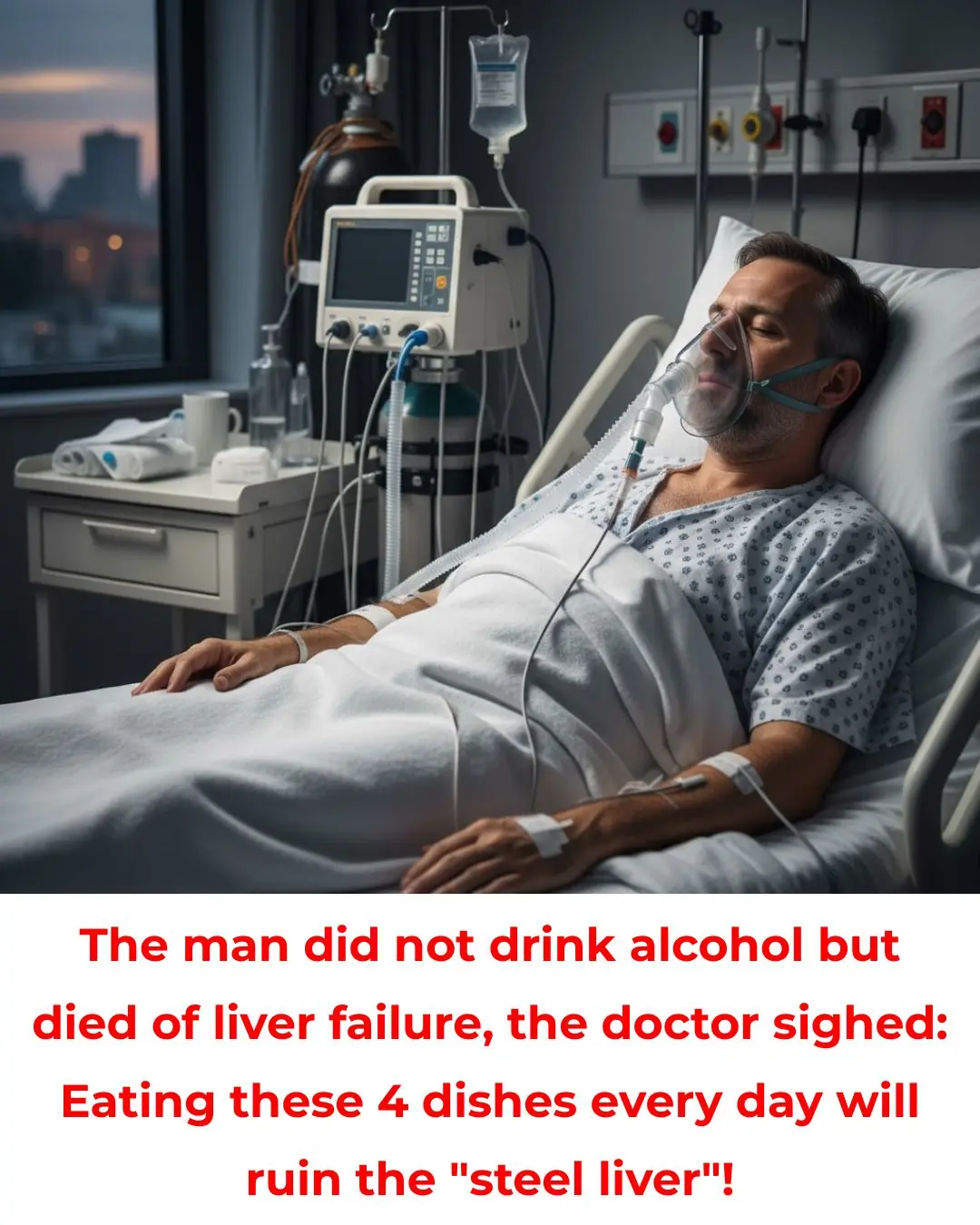
A Man Who Didn’t Drink Alcohol Dies of Liver Failure; Doctor Sighs: “Eating These 4 Foods Daily Can Destroy Even the Strongest Liver!”
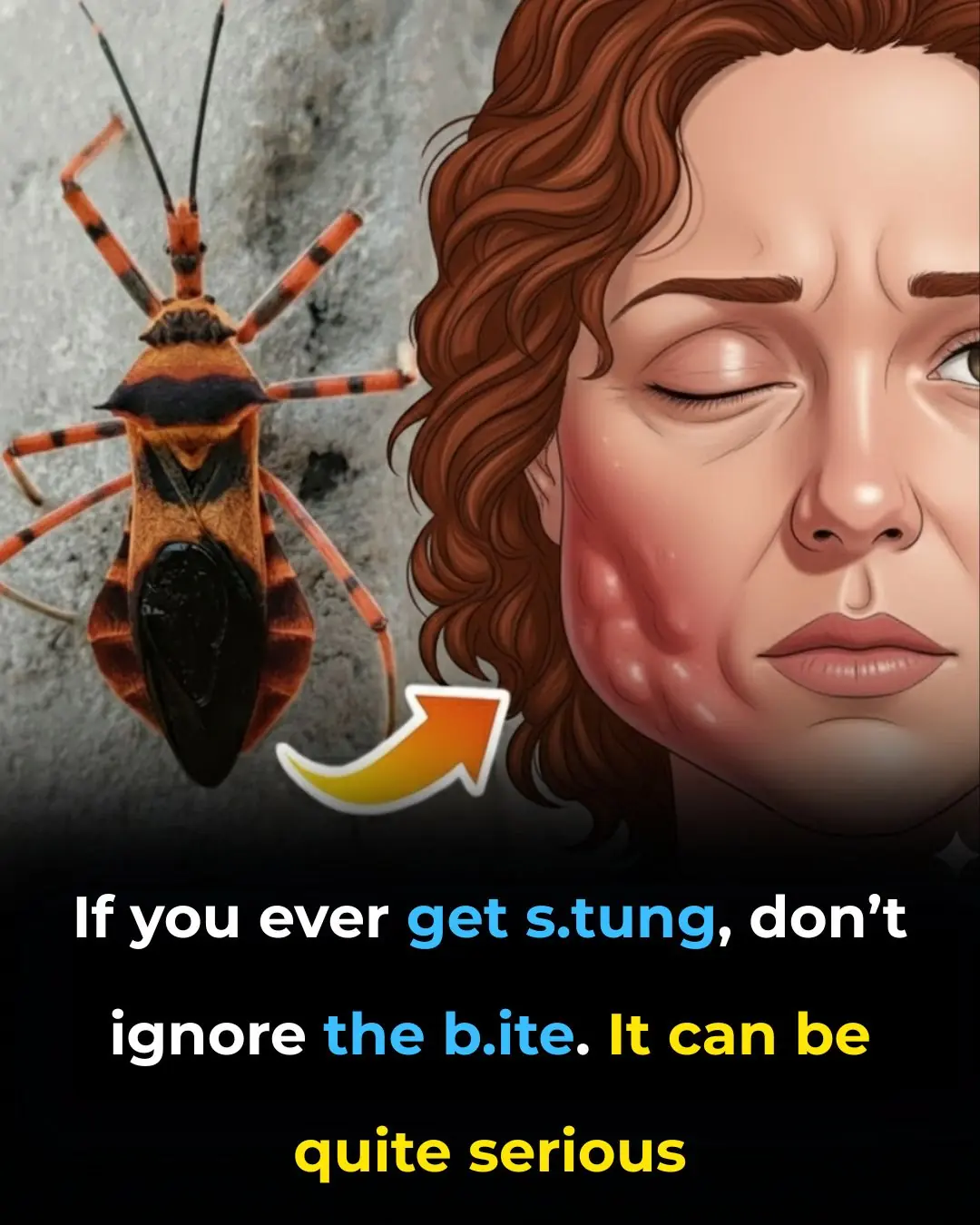
Kissing Bugs and Chagas Disease: A Hidden Danger at Home

🌿 Gbogbo Nise: The Ultimate All-in-One Remedy for Women 💪✨

5 Skin Glow Juices – Clear Skin

Scientists shocked: this secret spice fights cancer and repairs your body!

Top 10 Magnesium Rich Foods To Lower Blood Pressure
